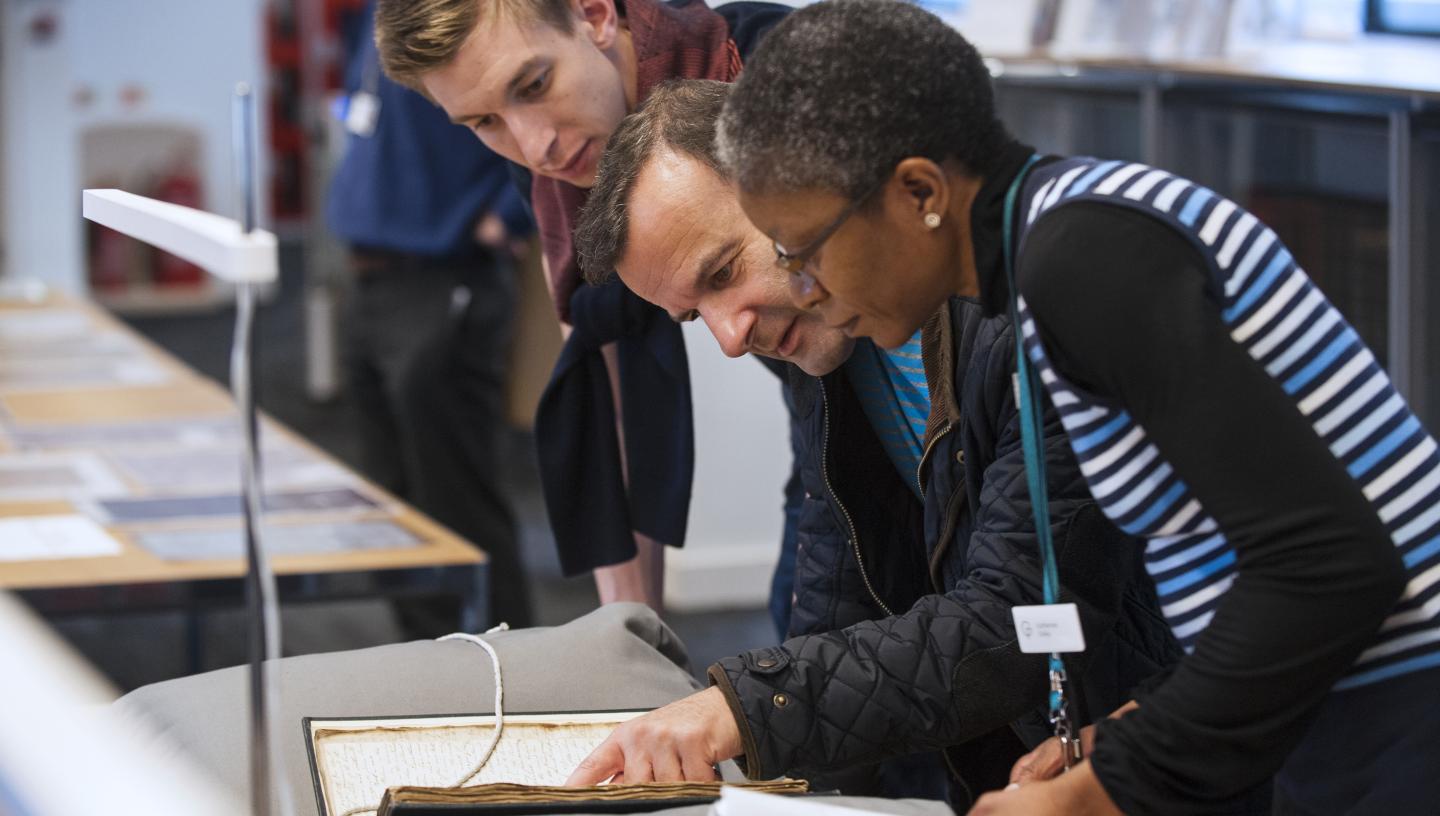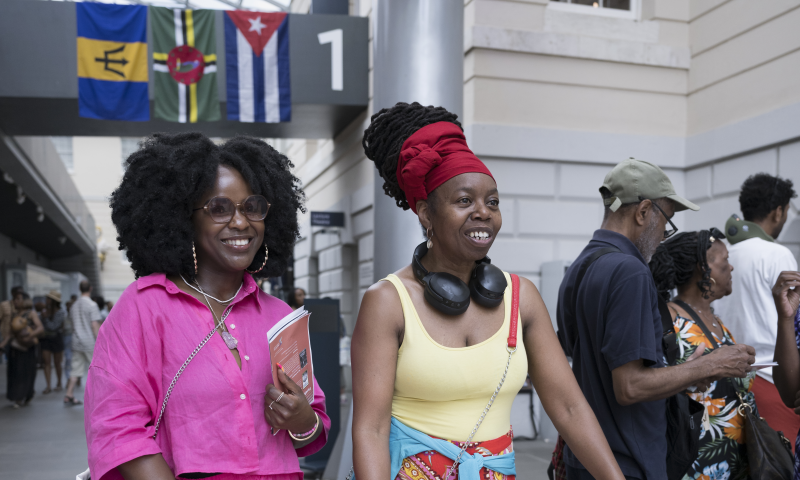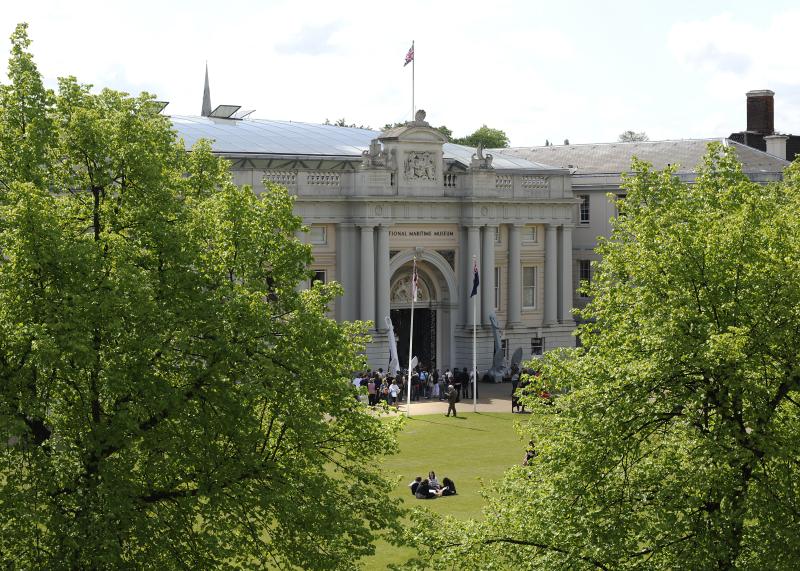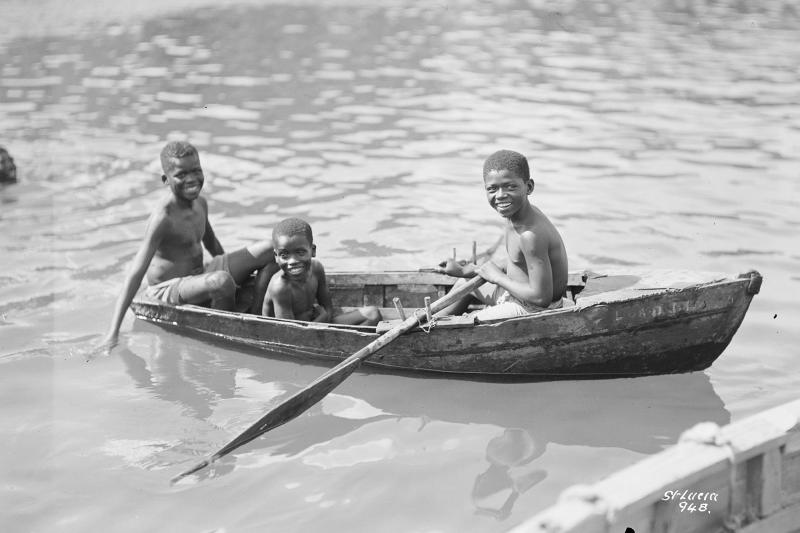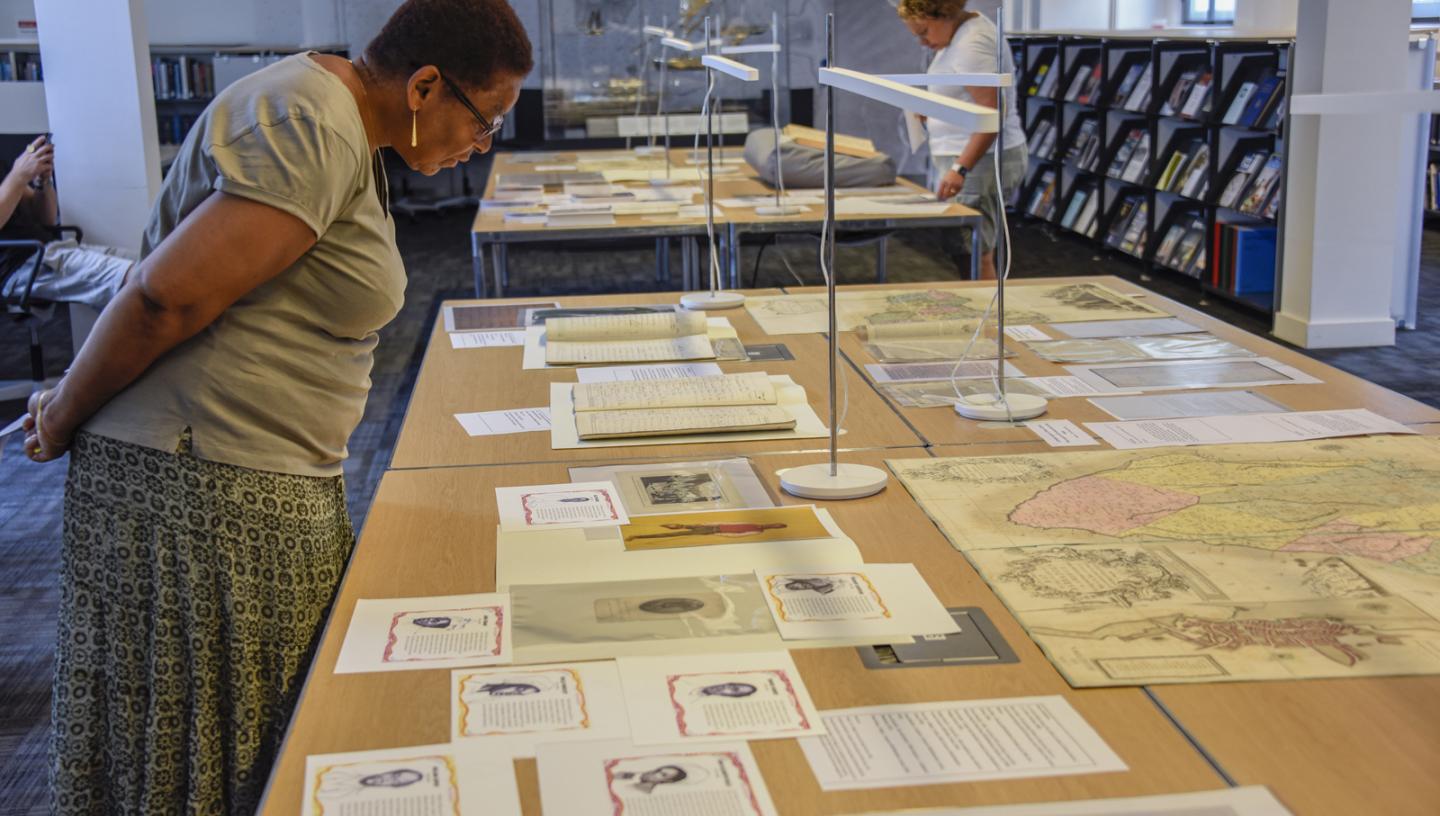
A brief guide to the records, resources and online collections available for people researching Jamaican ancestry.
Researching Jamaican ancestry: getting started
The book Jamaican Ancestry: how to find out more by Madeleine E. Mitchell will help familiarize yourself with how to research Jamaican ancestry, and indeed includes useful advice for researching any Caribbean family history.
This is a typical 'how-to' genealogy guide or reference book. What is not typical is that it is all about how to research Jamaican family history. The first few pages describe the basics of family history research, before going on to explore the specific features of archives and records in Jamaica.
Most importantly, in Jamaica, one must consult the parish registers for vital statistics, birth, marriages and deaths.
Civil registration started in 1880 in Jamaica. A large part of civil registration before this period can be found in church records, a vital source for the 1800s up until 1880. Each parish kept its own christening, marriage and burial records, and these records are deposited in the Island Record Office – now the Registrar General's Department in Spanish Town, Jamaica. This is why it's important to know the parish of origin.
Jamaican Ancestry: how to find out more is available to order from the Caird Library of the National Maritime Museum.
Jamaican family history on Ancestry
It's worthwhile exploring Ancestry for digitized records for Jamaica. The following collections may be helpful when searching for birth, marriage and death records:
- Jamaica, Civil Registration Birth, Marriage, and Death Records, 1878-1995
- Jamaica, Church of England Parish Register Transcripts, 1664-1879
- Jamaica, Select Births and Baptisms, 1752-1920
Ancestry is available to search for free for visitors to the Caird Library.
Research top tips
A strong recommendation (in any type of family history research!) is to talk to your family, including cousins, aunts, uncles and even neighbours of the family.
This is especially true in Jamaica and the Caribbean according to Mitchell. In island communities, everyone would be connected and be able to share stories about important events, and what they know of families' stories. This is a genealogy term : 'FAN research': Friends, Acquaintances and Neighbours.
Mitchell refers many times to the FamilySearch catalogues and collections, which are in fact, provided by he Church of Jesus Christ of Latter-day Saints. Much of the information Mitchell references can now be found online, although check their Caribbean ResearchWiki page for details.
Mitchell's book covers the use of various resources, from maps and monumental inscriptions (on gravestones) to Land, Census, Immigration and Emigration records and newspapers, as well as over 50 pages of further references including websites.
Jamaican Family Search - a website created by Patricia Jackson dedicated to researching Jamaican family history, including excerpts from the newspaper Jamaica Gleaner.
Daily Gleaner on Ancestry - four issues of the Jamaica newspaper can be found covering September, October, November and December 1944.
Genealogy of Jamaica - a website operated by author Madeleine Mitchell.
A Parcel of Ribbons - Eighteenth century Jamaica viewed through family stories and documents. Author Anne M Powers is a historian and genealogist with a special interest in the 18th century and colonial Jamaica.
The National Archives - A brief overview of resources at The National Archives that can help to trace individuals from the Caribbean.
Caribbean Family History Group - a non-profit organisation based in Birmingham who are happy to help you discover your Caribbean roots.
African Caribbean Family History - a research guide developed and written by members of the African Caribbean history research group at the National Maritime Museum.
